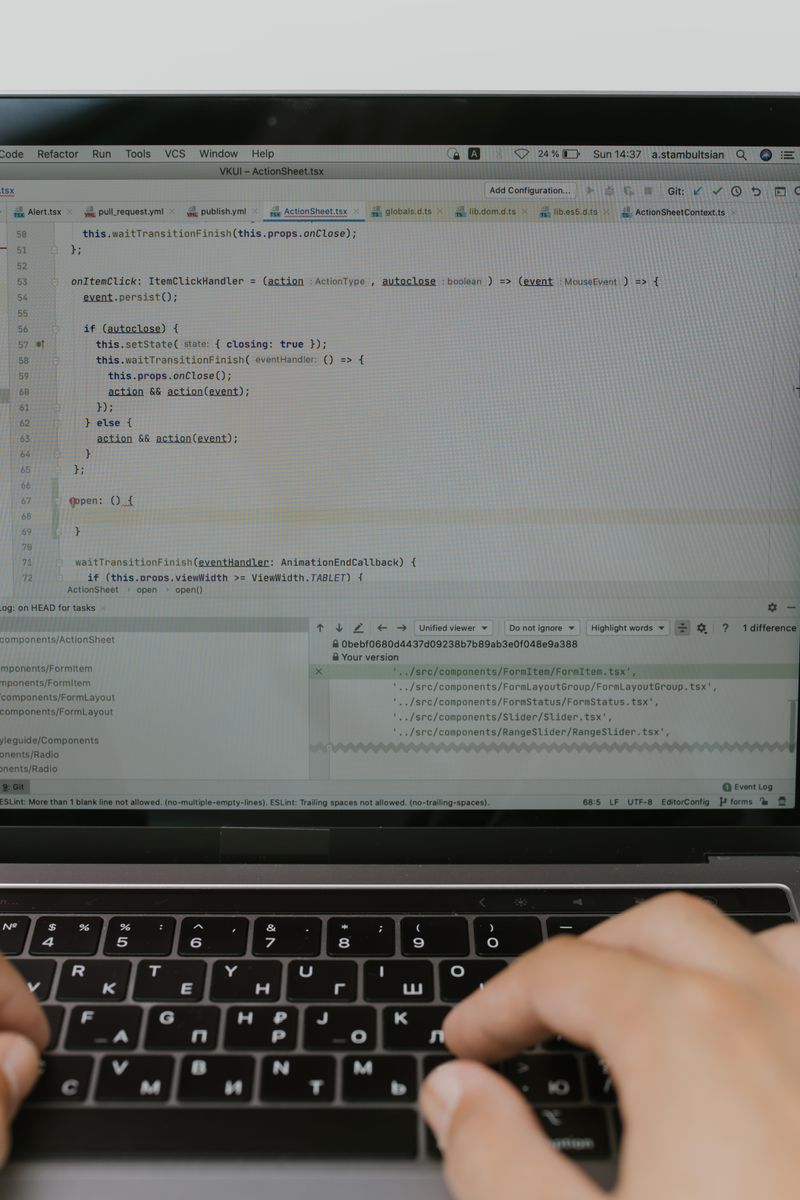Embattled PwC Caught up in Russian Cyberattack
Introduction
PwC Australia, one of the country’s leading business companies, has become the latest victim in a cyberattack carried out by a notorious Russian hacker group known as CL0P. This cybercrime group, which is known for its ransomware demands, exploited a flaw in a third-party software platform called MOVEit, used by organizations to transfer sensitive data. As a result, sensitive information from dozens of well-known companies and organizations, including PwC, has been compromised.
The Cyberattack
The attack, first confirmed by the US Cybersecurity and Infrastructure Security Agency (CISA), has affected both state and federal government departments in the United States. Additionally, numerous organizations in Britain, such as the BBC, Shell, and British Airways, have also fallen victim to this hack.
PwC‘s involvement in the cyberattack was initially reported by The Australian Financial Review. On Monday, the company confirmed that it had utilized the MOVEit software to transfer select information. However, PwC reassured that its own internal IT network remained uncompromised as a result of the attack on the third-party platform.
Response and Investigation
As soon as PwC became aware of the incident, they ceased using the MOVEit platform and initiated their own investigation into the matter. The company’s preliminary findings indicate that the cyberattack on MOVEit had a limited impact on PwC, and they have already reached out to the small number of clients whose files were affected. PwC Australia remains committed to ensuring the security of their systems and is taking appropriate measures to address this breach.
Past Incidents and Scandals
This cyber attack comes at a time when PwC is already reeling from the aftermath of a tax scandal that unfolded earlier this year. In January, one of its partners was banned from tax practice after releasing confidential information about government plans to combat tax avoidance. More than 60 partners and staff were involved in sharing this information with companies potentially targeted by the tax plans.
As a result of this scandal, ten partners have stepped down or resigned, and PwC has effectively been barred from further work with the government. Now, with the added impact of the cyberattack, PwC is facing significant challenges to rebuild trust and maintain their reputation.
Editorial Analysis: The Implications of Cybersecurity Threats
The Growing Threat of Cybercrime
The recent cyberattack on PwC Australia serves as a stark reminder of the looming threat posed by cybercriminals. As technology continues to evolve and businesses become increasingly dependent on digital systems, the risk of cyber attacks becomes more pronounced. Cybercriminals are no longer lone hackers operating from basements; they are organized groups with sophisticated tools and strategies, often operating beyond borders.
Third-Party Vulnerabilities
One of the lessons highlighted by this incident is the vulnerability that comes with using third-party software platforms. While these platforms provide convenience and efficiency in handling data transfers, they can also expose organizations to unforeseen security risks. Businesses must carefully evaluate the security measures and protocols of the third-party providers they choose to work with. Regular audits and security assessments are imperative to mitigate the risks associated with these partnerships.
Protecting Sensitive Data
The compromised data in this cyberattack highlights how important it is for companies to safeguard their sensitive and confidential information. Encrypting data, implementing robust access controls, and regularly updating security protocols are essential steps to protect against cyber threats. Additionally, organizations should prioritize employee training to create a strong security culture, as human error often contributes to data breaches.
Advice for Businesses
Enhancing Cybersecurity Measures
To combat the growing threat of cybercrime, businesses must prioritize cybersecurity. This requires investing in cutting-edge technologies and systems, such as advanced firewalls, intrusion detection and prevention systems, and regular vulnerability assessments. Additionally, companies should establish incident response plans to ensure a swift and effective response in the event of a cyberattack.
Collaborating with Government and Cybersecurity Agencies
Given the transnational nature of cybercrime, businesses should foster strong partnerships with government agencies and cybersecurity organizations. Sharing intelligence, reporting incidents promptly, and participating in collaborative efforts can enhance the collective resilience against cyber threats. Government authorities should also play an active role in supporting businesses and providing resources to facilitate robust cybersecurity measures.
Emphasizing a Privacy-First Approach
Protecting customer data and privacy should be a top priority for businesses. Organizations should adopt a privacy-first approach, ensuring compliance with relevant data protection regulations and implementing privacy-by-design principles throughout their operations. By demonstrating a commitment to safeguarding customer confidentiality, businesses can build trust and loyalty among their client base.
In conclusion, the cyberattack on PwC Australia underscores the urgent need for businesses to fortify their cybersecurity measures. The incident serves as a wake-up call for companies to prioritize the protection of sensitive data, evaluate third-party vulnerabilities, and collaborate with government and cybersecurity agencies to combat the evolving threat of cybercrime. Only by taking proactive steps to enhance security and privacy practices can businesses remain resilient amidst the growing digital landscape.

<< photo by cottonbro studio >>
The image is for illustrative purposes only and does not depict the actual situation.
You might want to read !
- “PwC’s Defenses Crumble: A Deep Dive into the Consulting Firm’s Role in the Global Cyber Breach”
- North Korea’s Cyber-Attacks account for Half its Revenue: Report
- “Philip Lowe’s No-Show at Sydney Bankers’ Annual Meet Raises Eyebrows”
- “The Dynamic Duo: Daniel Ricciardo and Will Arnett Kickstart the ‘Manningcast’ Down Under!”
- “Controversial Penalty Shatters Aussie’s Fairy-Tale Start in Thrilling Live F1 Race”
- “Controversial Penalty Stifles Aussie’s Fairytale Start in Thrilling Live F1 Race”




